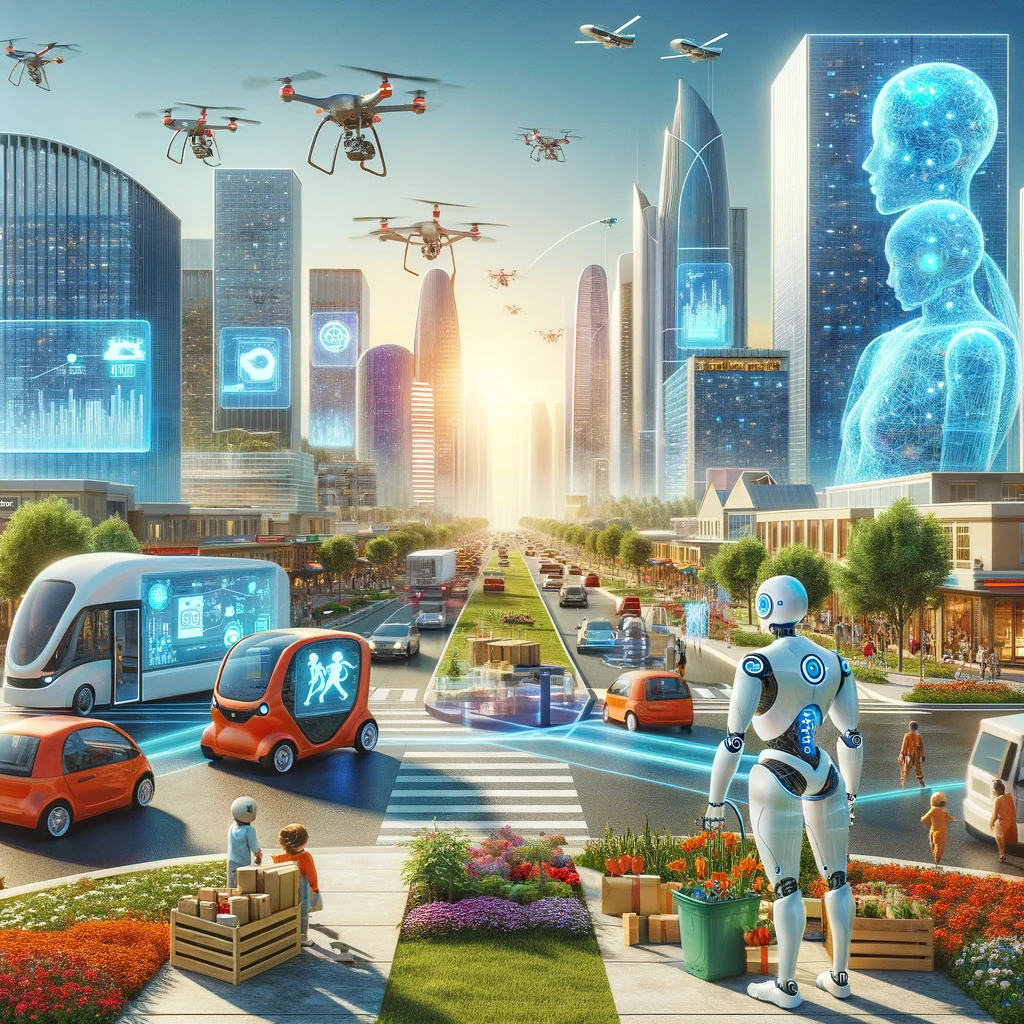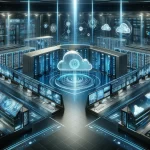As we delve into the 21st century, artificial intelligence (AI) has shifted from a distant sci-fi concept to a tangible, pervasive force that is profoundly impacting our daily lives. This transformative technology is no longer confined to high-tech labs and speculative fiction; it is now an integral part of our homes, workplaces, and communities. This blog explores the practical applications of AI that are influencing our everyday routines, making life easier, safer, and more connected.
Home Automation: Your House, Smarter
Imagine walking into a home that responds to your presence, adapts to your comfort preferences, and even anticipates your needs. This is no longer the realm of imagination but a reality made possible by AI. Home automation systems use AI to control lighting, heating, and security systems. They learn from your habits and adjust settings automatically to save energy and enhance comfort. For instance, smart thermostats adjust the temperature based on your daily schedule and weather predictions, ensuring optimal comfort while reducing energy use.
Health Care: AI on the Medical Frontline
AI’s role in healthcare is revolutionary, offering not just improvements but radical shifts in diagn
Transportation: Driving the Future
The transportation sector is undergoing a significant transformation thanks to AI. Autonomous vehicles (AVs) are the most talked-about innovation, with companies like Tesla and Google leading the way. These vehicles use AI to process information from their surroundings and make split-second decisions that can prevent accidents and ease traffic congestion. Beyond AVs, AI applications in transportation also include smart traffic management systems that analyze traffic flow and adjust signals in real time to reduce congestion and enhance safety.
Financial Services: The AI Banker
In finance, AI is becoming indispensable for both security and customer service. AI systems monitor transaction patterns to detect fraudulent activities, offering a level of vigilance and speed no human team can match. Additionally, AI chatbots serve as customer service agents, handling inquiries and transactions 24/7, enhancing efficiency and customer satisfaction. These intelligent systems learn from each interaction to provide increasingly personalized service over time.
Education: Customized Learning Experiences
AI is reshaping education by personalizing learning at unprecedented levels. AI-driven educational platforms adapt to the individual learning pace and style of each student, providing tailored educational experiences that are more engaging and effective. These platforms can suggest resources and activities best suited to each student’s progress and needs, making learning more accessible and inclusive.
Retail: Shopping Redefined
AI is transforming retail, from logistics and inventory management to customer service and marketing. AI systems analyze customer data to predict purchasing behavior and personalize marketing strategies. In physical stores, AI-powered tools like smart mirrors offer virtual try-ons, enhancing the shopping experience and increasing customer satisfaction. Online, AI chatbots provide instant customer service, including purchase suggestions and post-sale support.
Environment: Guardians of the Planet
AI’s potential to monitor and protect our environment is vast. AI-driven applications are used for everything from predicting weather patterns and monitoring climate change to managing natural resources more sustainably. AI algorithms analyze environmental data to forecast weather events with greater accuracy, helping to prepare for and mitigate the impacts of natural disasters.
Conclusion
Artificial Intelligence is seamlessly integrating into everyday life, enhancing the efficiency and quality of services across various sectors. Each application not only illustrates AI’s potential to tackle specific challenges but also highlights a broader shift towards a more interconnected and intelligent global society. As AI technologies evolve, they promise to further revolutionize our daily lives, making the world smarter, safer, and more responsive to our needs.
optics and patient care. AI algorithms process vast amounts of medical data, helping doctors diagnose diseases more accurately and much earlier. These systems can detect subtle patterns in data that human eyes might miss, such as early signs of cancer in imaging scans. Moreover, AI-powered robots are now assisting in surgeries, offering precision that enhances patient outcomes and speeds up recovery.



